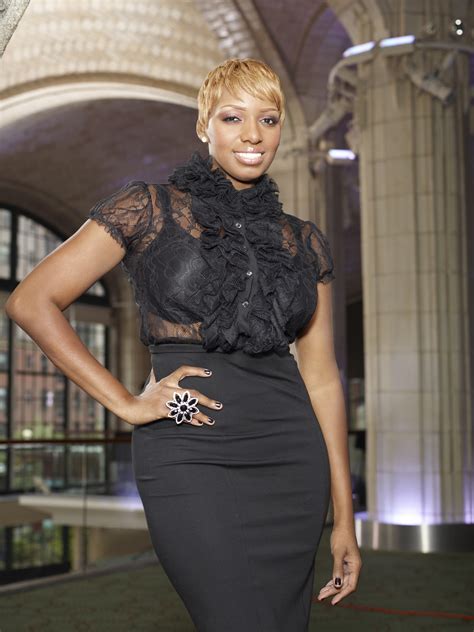A Quote by Ayad Akhtar
I feel like one of the things that is central to American life is the religious experience, and I think that the experience of being Muslim in America is as valid and as important a perspective on the religious experience of America as evangelical Christianity or Judaism - whatever it may be.
Related Quotes
Math . . . music .. . starry nights . . . These are secular ways of achieving transcendence, of feeling lifted into a grand perspective. It's a sense of being awed by existence that almost obliterates the self. Religious people think of it as an essentially religious experience but it's not. It's an essentially human experience.
I say that creeds, dogmas, and theologies are inventions of the mind. It is the nature of the mind to make sense out of experience, to reduce the conglomerates of experience to units of comprehension which we call principles, or ideologies, or concepts. Religious experience is dynamic, fluid, effervescent, yeasty. But the mind can't handle these so it has to imprison religious experience in some way, get it bottled up. Then, when the experience quiets down, the mind draws a bead on it and extracts concepts, notions, dogmas, so that religious experience can make sense to the mind.
I don't really identify with America, I don't really feel like an American or part of the American experience, and I don't really feel like a member of the human race, to tell you the truth. I know I am, but I really don't. All the definitions are there, but I don't really feel a part of it. I think I have found a detached point of view, an ideal emotional detachment from the American experience and culture and the human experience and culture and human choices.
The unconscious is the only available source of religious experience. This in certainly not to say that what we call the unconscious is identical with God or is set up in his place. It is simply the medium from which religious experience seems to flow. As to what the further cause of such experience might be, the answer to this lies beyond the range of human knowledge.
Certainly Christianity is an experience, but equally clearly the validity of ane experience has to be tested. There are people in lunatic asylums who have the experience of being the Emperor Napoleon or a poached egg. It is unquestionably an experience, and to them a real experience, but for all that it has no kind of universal validity. It is necessary to go far beyond simply saying that something comes from experience. Before any such thing can be evaluated at all, the source and character of the experience must clearly be investigated.
There is a fundamental spiritual quality to gratitude that transcends religious traditions. Gratitude is a universal human experience that can seem to be either a random occurrence of grace or a chosen attitude to create a better experience of life; in many ways it contains elements of both. Grateful people sense that they are not separated from others or from God; this recognition of unity with all things brings a deep sense of gratefulness, whether we are religious or not.
Talk to me 20 years ago and I had a complete sense of illegitimacy as an American Muslim. I felt like I wasn't authentic. But I don't understand and I don't believe or subscribe to this idea that I don't have a right to speak as a Muslim because I'm an American. Being Muslim is to accept and honor the diversity that we have in this world, culturally and physically, because that's what Islam teaches, that we are people of many tribes. I think the American Muslim experience is of a different tribe than the Saudi Muslim world, but that doesn't make us less than anyone else.







































